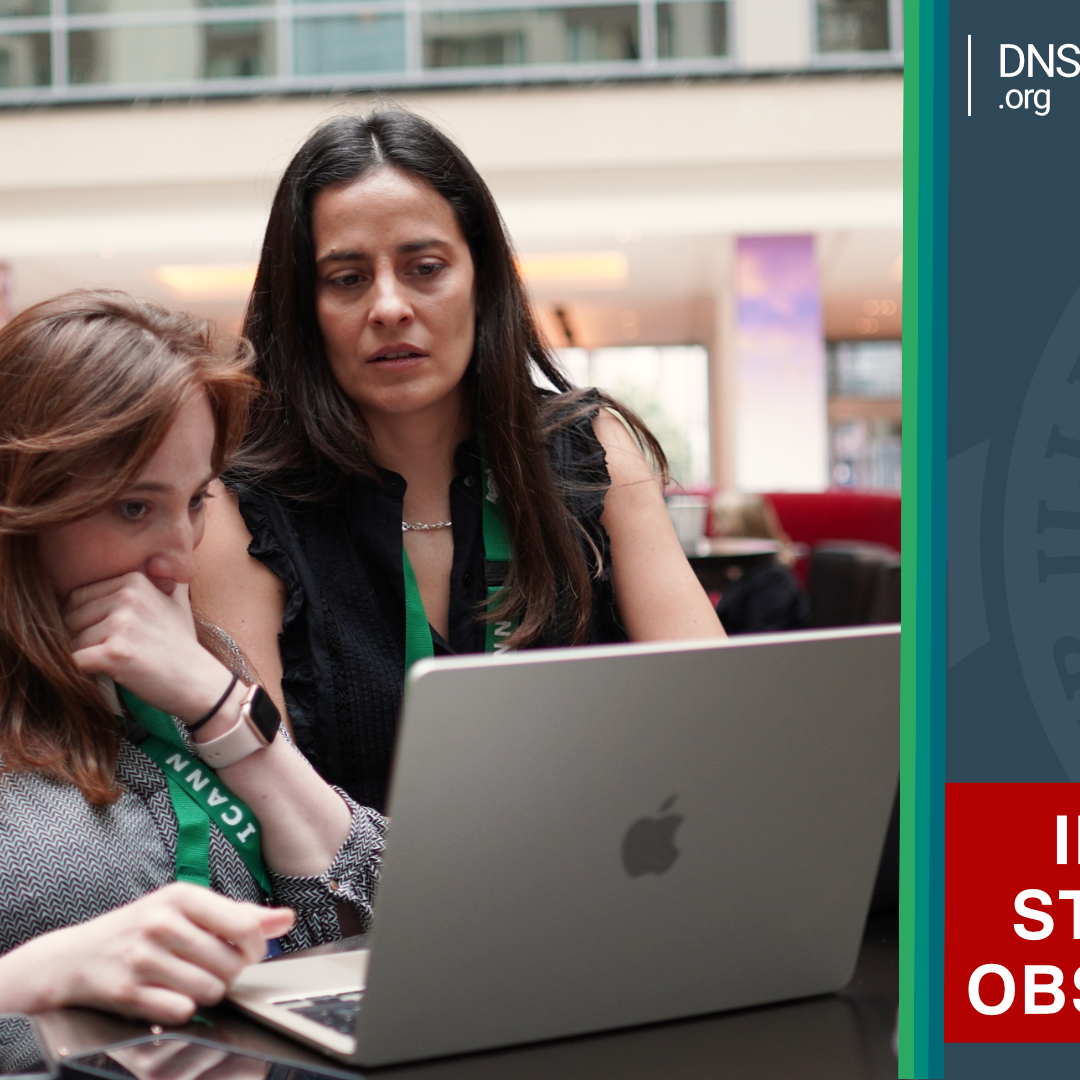Grant Program
Research Grants
Grantee Name
DNS Research Federation
Grant Start Date
12 December 2022
Grant End Date
11 December 2024
Amount Funded
$250,000.00
City
Oxford
Country
United Kingdom
Region
Global
RESEARCH QUESTION
The project seeks to contribute to the body of research on the question of standards and fragmentation. The Project methodology research question is: How can automation contribute to the identification of standards proposals that seek to transform the Internet’s building blocks and splinter the network through standards?
The policy research questions are: (1) Based on the proposals identified by the tracking tool, what are the Internet’s building blocks that are coming under question, and what arguments and strategies are employed by proponents of said proposals to succeed in achieving standardization?; (2) What are effective ways for supporters of the open, global Internet to respond to potential drivers for fragmentation at the level of standards and engage with controversial proposals?
These questions are answered in the framework of a proposal to establish an Internet Standards Observatory to 1) generate awareness about standards proposals that seek to transform the Internet and, 2) to provide actionable tools and guidance to support standards organization participants and policymakers who are working to defend the open, global Internet.
WHY IS THIS RESEARCH IMPORTANT?
The research project is innovative in two ways. First, it seeks to deploy a novel research methodology that relies on automated means to facilitate standards tracking and apply existing text analysis technologies to the world of standards. Secondly, the Internet Standards Observatory provides open and public access to the tool to facilitate greater engagement by policymakers and enable greater scrutiny of standards by the research community. The tracking tool is expected to enable new insights into the analysis of trends and transformations in strategy, and the ability to keep tabs on what elements of the Internet infrastructure are being challenged by controversial proposals. This facilitates the development of response and containment strategies, including tailored technical arguments to defend the Internet’s current way of networking.
The project also contributes to concrete proposals about ways in which the Internet community can develop reactive and proactive strategies to strengthen multi-stakeholder participation and engagement across multilateral standards and international organizations.
The impact of the research involves (a) facilitating timely access to information about relevant developments in standards settings that may impact the future of the Internet; (b) offering knowledge translation – in particular for non-technical audiences, such as policymakers, academia and civil society – about the meaning of ongoing discussions at key standards development organizations on policy issues pertaining the evolution of the Internet; and (c) enabling evidence-based conversations about strategies for supporters of the open, global Internet to respond to potential drivers for fragmentation at the level of standards.
METHODOLOGY
The research adopts different methodologies for the development of the automated tracking tool and for conducting policy research. For the automated standards tracking tool, the documents to be analyzed are the standards proposals submitted for consideration at ITU-T and IETF, and the data analysis is conducted using Doc Monitor, the text analysis tool of the DNS RF’s Data Analytics Platform. This analysis is descriptive: it outlines what controversial content is featured in proposals and scores and ranks proposals to highlight which standards contributions may require the highest level of attention from supporters of the open, global Internet.
On the other hand, policy research explores a broader range of questions relating to standardization and fragmentation. By using the tracking tool, the policy research maps out trends and evolving strategies in fragmentation at the level of standards. Secondly, the research also explores ways to improve response strategies among supporters of the open, global Internet, including aspects such as the development of guidelines for conducting standards assessment, the identification of technical arguments for the defense of the Internet’s way of networking, and the introduction of recommendations to broaden coalitions in standardization processes and strengthen cooperation strategies among the like-minded. Data sources are determined by the various researchers setting out to produce the studies but mainly are the data from the tracking tool, as well as desk research and primary data collected through interviews or surveys.
MEDIA AND PUBLICATIONS
See below for research publications and other articles related to the research.

